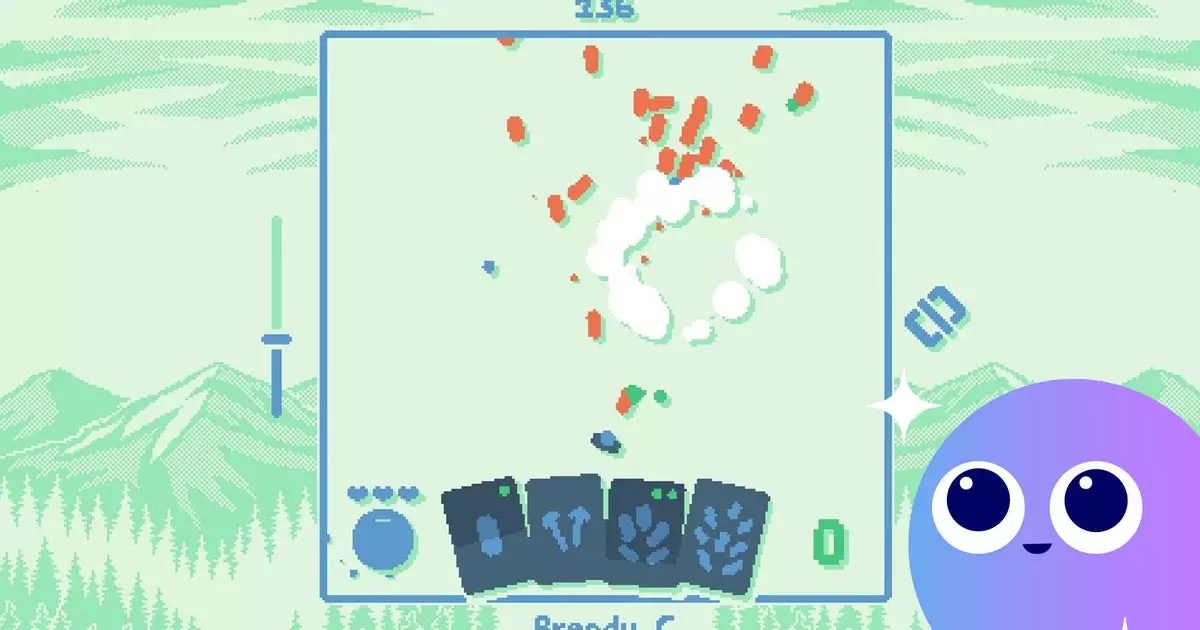Indie game demos are the perfect way to get a taste of the innovative and creative world of independent game development. One such demo that has been generating buzz is Card Bard, a deckbuilding roguelike shooter that combines elements of strategy and action in a pastel-paletted world. Players take on the role of a gunman armed with a hand of cards that determine the number of bullets they can shoot. Each card costs a certain amount of energy, which adds a layer of decision-making to the fast-paced gameplay. With new cards to collect and challenging enemy types to defeat, survival becomes the ultimate goal in Card Bard.
Gameplay Mechanics and Strategy
In Card Bard, players must carefully manage their energy levels to unleash powerful attacks and outmaneuver agile enemies. The variety of cards, from splashy bombs to machine gun-like fire streaks, offers a range of tactical options for players to experiment with. The “love bullet” card adds a unique twist by turning enemies into allies, creating opportunities for strategic alliances on the battlefield. As players progress through stages and face increasingly difficult foes like leaping hoppers and fast-moving mandible lads, adaptability and quick thinking become essential skills for survival.
The developer of Card Bard, Terry Brash, has also created another intriguing demo called Gunrun, showcasing their versatility and creativity in game design. Gunrun offers a different gameplay experience, emphasizing fast-paced action and chaotic battles in a crowded, vampire-themed world. The exaggerated nature of Gunrun’s gameplay, reminiscent of a developer experimenting with extreme variables, adds a unique flavor to the demo and sets it apart from traditional shooter games. Brash’s dedication to delivering unique and engaging experiences to players is evident in both Card Bard and Gunrun.
One curious aspect of Card Bard is the discrepancy between the game’s title in the menu (“Card Bard”) and its listing on Steam (“Wildcard”). This intriguing mystery adds an element of intrigue to the demo and invites players to speculate on the reasons behind the name change. Could “Card Bard” have been an old name for the game, or is there a deeper meaning behind the choice of titles? These questions add an extra layer of interest for players exploring the world of indie game demos and discovering the creativity and passion of indie developers.
Indie game demos like Card Bard and Gunrun offer a glimpse into the exciting and diverse landscape of independent game development. From unique gameplay mechanics to creative storytelling, indie games continue to push boundaries and captivate players with their originality and innovation. As players immerse themselves in the world of indie demos, they are sure to discover hidden gems and experience the thrill of exploring new worlds and gameplay experiences. Embrace the world of indie game demos and embark on a journey of discovery and creativity in the vibrant indie game scene.


Leave a Reply